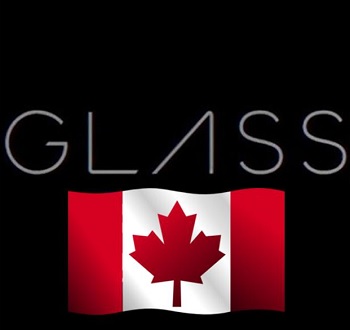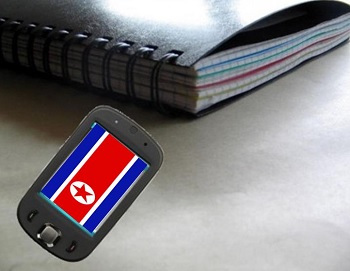The company has confirmed that the wearable technology is headed north of the border, following new e-labeling laws.
Canada has now passed a law that has stated that high-tech devices that have screens that are non-removable – such as in the case of Google Glass – are no longer required to use a physical label for information such as their serial numbers, as they are now permitted to use an e-label, instead.
This change in Canadian law says that smartphones and wearable technology can now use electronic labeling.
That difference is quite important to the ability to bring new types of high tech devices, such as Google Glass, certain smartwatches, and other forms of wearable technology, to Canada, provided that they are capable of showing e-labels on displays that cannot be removed from the device. The labeling laws in the country, which previously required these mobile devices to don physical labels of serial numbers and other information, was making it prohibitively difficult
Industry Canada made this announcement in a recent press release, welcoming Google Glass and Apple Watch.
 The news release said that these labeling regulations are “opening Canada’s markets to the latest wireless wearable devices such as Google Glass and Apple Watch.” The old laws stated that all electronic, radio, and terminal equipment devices needed to show serial or model ID numbers, registration numbers, and certification numbers that were printed directly onto the device, itself, or had to be attached with a sticker.
The news release said that these labeling regulations are “opening Canada’s markets to the latest wireless wearable devices such as Google Glass and Apple Watch.” The old laws stated that all electronic, radio, and terminal equipment devices needed to show serial or model ID numbers, registration numbers, and certification numbers that were printed directly onto the device, itself, or had to be attached with a sticker.
This made it difficult – or impossible – for certain electronic and mobile devices that were manufactured in other parts of the world to be able to enter the Canadian markets. Now, the regulations have been changed and have become effective, immediately. They state that high tech gadgets that have non-removable display screens can provide that information by way of an e-label, instead of a physical printing or sticker.
The types of devices that will now be able to carry an e-label are smartphones, tablets, smartwatches, wearable glucose monitors and – once it arrives – Google Glass, Apple Watch and other forms of wearable technology with a non-removable screen. Industry Canada also pointed out that electronic labels will be able to provide additional information that physical labels cannot include due to space restrictions, such as warranty information. Moreover, remote updates to correct inaccuracies are also possible with these e-labels.

 A cultural magazine from North Korea was obtained by a news agency in South Korea, called Yonhap, which reported that the government sees smartphones as a rising trend and has now issued a range of etiquette lessons with regards to answering and placing calls on these devices while in public. All of North Korea’s official media is controlled by its government’s regime.
A cultural magazine from North Korea was obtained by a news agency in South Korea, called Yonhap, which reported that the government sees smartphones as a rising trend and has now issued a range of etiquette lessons with regards to answering and placing calls on these devices while in public. All of North Korea’s official media is controlled by its government’s regime.